Insights
Insights & News
What is happening now? What may come next? Staying in the know about our changing world and how we all get around it strengthens our ability to think comprehensively and collaborate effectively. From technical insights to firm and cultural news, sharing our innovations, evolutions, and advances as we experience and embrace them keeps us connected. We invite you to explore the very latest along with us.
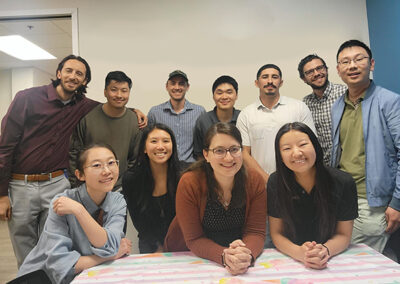
We're excited to recognize our team members who have been promoted! Thank you for all you do!

The ITE Western District Annual Meeting is just around the corner! Learn from professionals in the industry, collaborate with peers, and discover innovative projects and initiatives happening all around you. See you there!
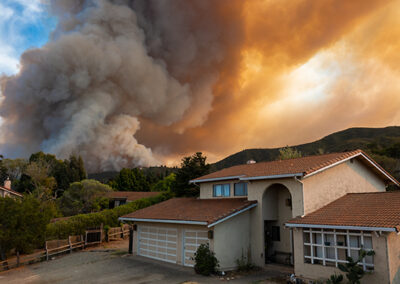
Maximizing safety and evacuation agility with innovative road design that meets both everyday and emergency needs.
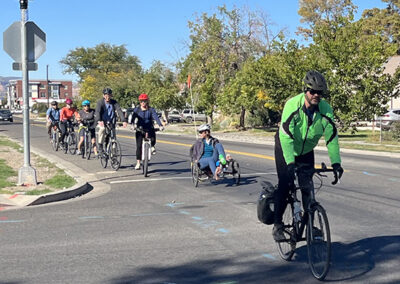
Discover how a Colorado town's strategic transition from rural to urban living is setting the stage for growth.
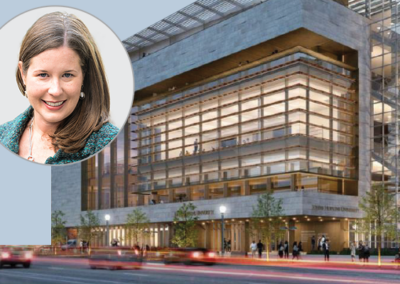
See how recognized safety instructors among our staff are helping institutionalize safety through elevated training and best practices and learn about our contribution to the global efforts of the first US Vision Zero Academy!

Do California's most walkable cities truly correlate with being less dependent on driving for transportation? Learn more.
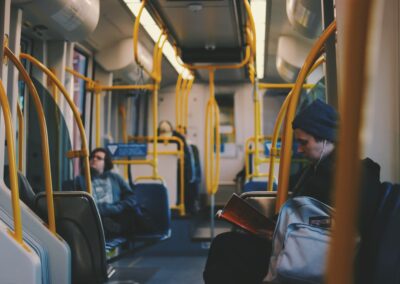
Explore pandemic effects on transit ridership, emphasizing hybrid schedules and hesitancy as crucial factors to consider.
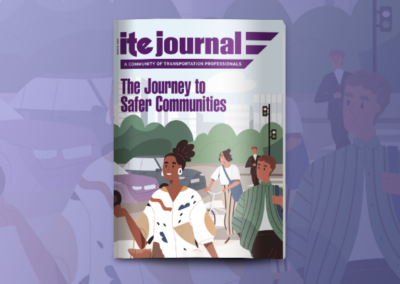
Explore key findings in safety from the TRB Safe System roundtable, featuring one of our national safety experts, Meghan Mitman.
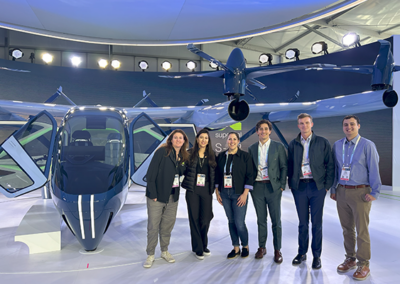
With Urban Air Mobility (UAM) and Advanced Aerial Mobility (AAM) building momentum, explore what implementing eVTOL vehicles and vertiports into our transportation systems could look like.
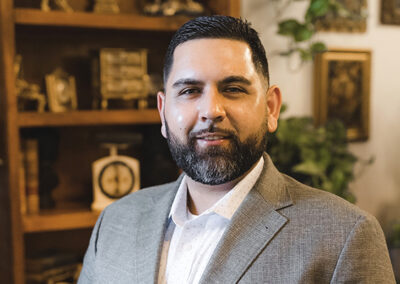
We are pleased to announce that Francisco Martin has rejoined Fehr & Peers as Principal in our Stockton office. Francisco played a pivotal role in establishing our Oakland office 13 years ago and brings a wealth of experience in project management and infrastructure planning to our team.

Examine how traveler behavior with a focus on price elasticity can provide further insight on effective transportation strategies.

Circling for parking is a universal experience that few of us enjoy. See how one community is expanding on a typical parking study to dial in stronger recommendations for accessibility and safety.

Discover how Activity-Based Models and transportation economics can play a key role in shaping transportation infrastructure decisions.
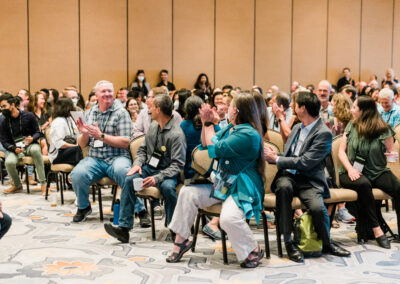
Congratulations to the newest Fehr & Peers shareholders! Their dedication and passion is a testament to their hard work.
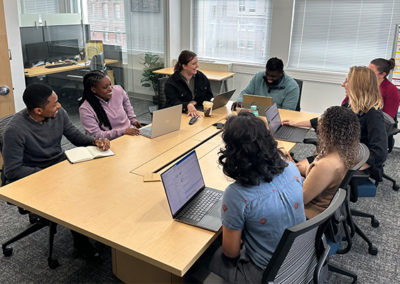
Join us in applauding the incredible accomplishments of these individuals who’ve secured new certifications and licenses this year. Their unwavering dedication and passion for serving communities is truly inspiring—we couldn’t be prouder to have them on our team!
Quick Links
© 2017 – 2024 Fehr & Peers. All rights reserved.

